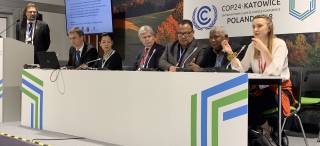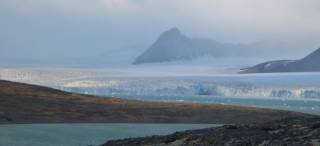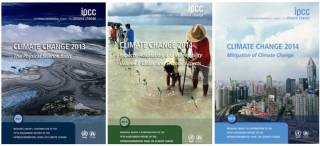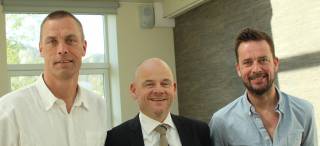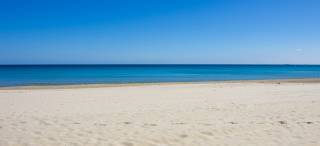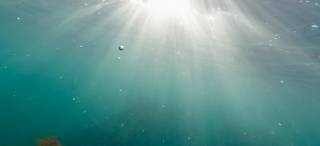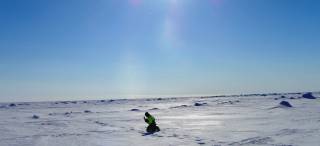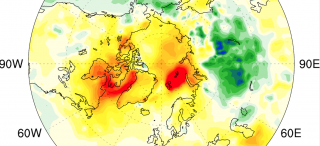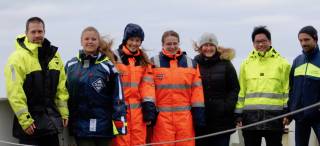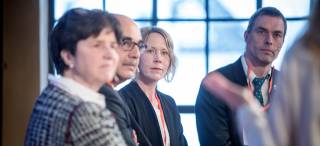Gudrun Sylte
Kommunikasjonsleder ved Bjerknessenteret med ansvar for eksternt kommunikasjonsarbeid, vår nettside, mediekontakt, møter og samarbeid med andre aktører.
Kommunikasjonsleder
Bjerknessenteret
Jahnebakken 5, 3,etg
5007 Bergen
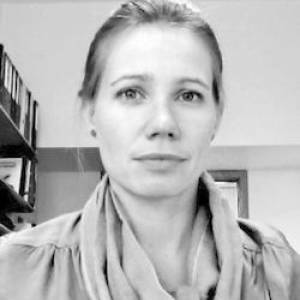
Phone: 40856457
The young voice in climate negotiations
14.12.2018, 16:38
– We are part of the delegations, but we are not heard when it matters, Mari Hasle Einang of the Norwegian Children and Youth Council said at the Arctic-Pacific side event at the climate top meeting COP24 in Katowice, Poland
BCCR at COP24: From the Arctic to the Pacific
06.12.2018, 13:40
In the Arctic, ice on land and at sea is rapidly decreasing. In the Pacific, island nations are threatened by sea level rise. For people in the tropics and in the Arctic, climate change is real and close. In many ways, these two regions are the frontlines of climate change.
Consequences in a world of 1.5 and 2 degree global warming
05.06.2018, 10:00
Follow a seminar on new results and the coming IPCC-report in Oslo today.
60 million NOK to research on climate prediction
31.05.2018, 23:23
Will European winters be increasingly mild and wet in the coming years? Will climatic conditions be beneficial for Norwegian fisheries and hydroelectric power production? Such questions of large societal importance are at the heart of the emerging scientific field of climate prediction.
Two-degree warming may cause droughts in the Mediterranean region
09.05.2018, 16:37
The Mediterranean region is vulnerable to a global warming of two degrees, a new study shows. At 1.5 degrees or less, climate models do not respond in a similar fashion.
The future North Atlantic takes up more carbon than previously expected
30.04.2018, 11:15
Efficient carbon pathway to the deep ocean allows for a strong future uptake, new study shows.
Winter sea ice loss in the Arctic – low level fourth year in a row
27.03.2018, 23:38
Just now, at the end of March, the Arctic Sea Ice is at its annual maximum. Winter 2018 will be the fourth year in a row with about the same low level.
The Arctic sea-ice loss and winter temperatures in Eurasia
20.03.2018, 13:43
A long debate of the role of the sea ice and the winter temperatures in Eurasia has got a new contribution. Probably no connection, a new study says.
IGP - Rough seas and northern lights
16.03.2018, 09:37
Who wants to be out at the freezing cold Nordic Seas in winter, chasing storms? A group of oceanographer wants to, read masterstudent Silje Skjelsvik reporting from the Iceland Greenland Project.
Tore Fureviks speach at SDG conference UiB
08.02.2018, 13:17
Tore Furevik, director of the Bjerknes Centre for Climate Research was on the programme of the University of Bergens conference on the UN Sustainable Development Goals - Knowledge of Our Common Future. Here is an extended version of his talk.

